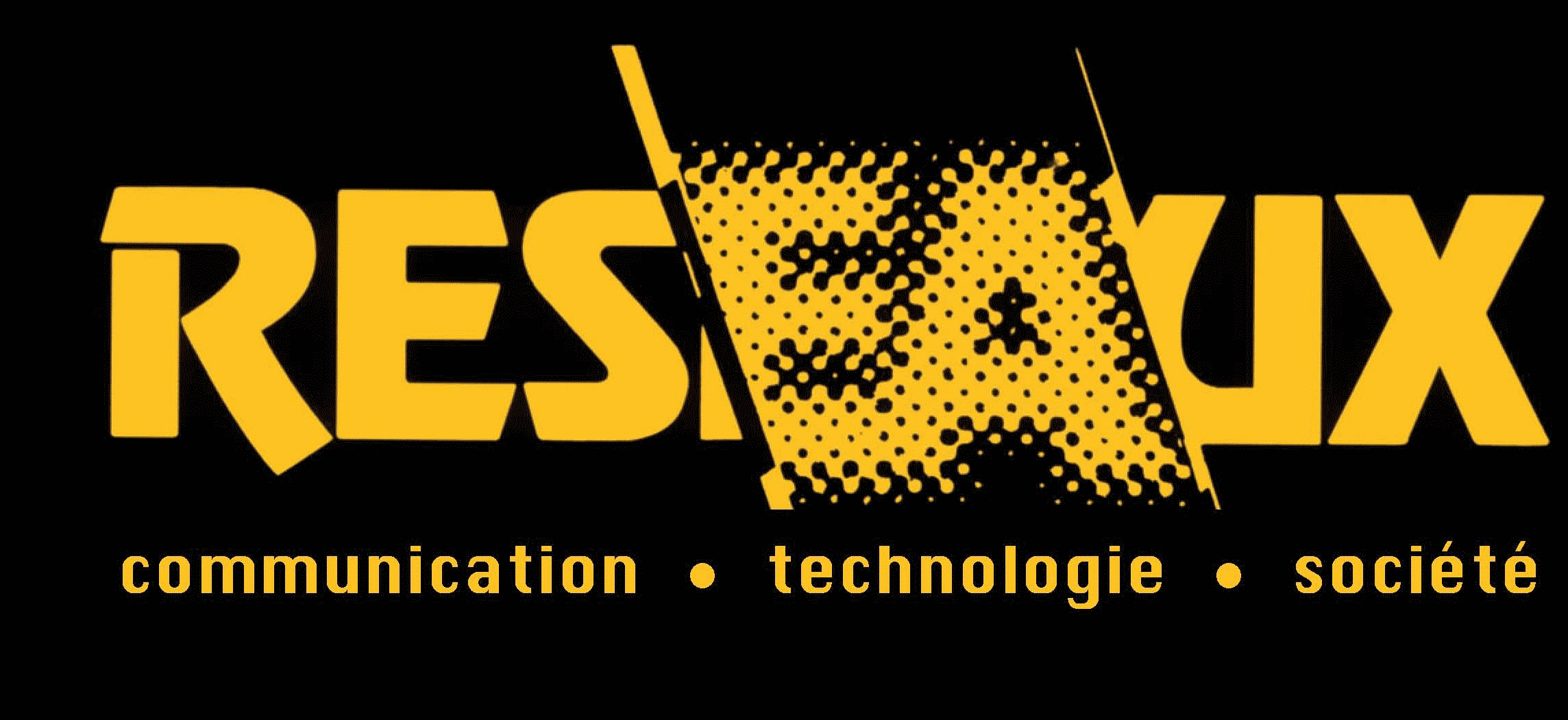On crime and earthquakes
In the United States, predictive policing is rooted in a longstanding police reform project, aimed at creating a proactive police force: one which can intervene preventively rather than in emergency situations only, on its own initiative, without being mobilised by citizens’ appeals. In 2012 the dream of US police reform from the 1970s began to materialize as a machine, when the company Predpol launched a predictive analysis platform downloadable on a simple application, presented as a dashboard sharing real-time risks of crime occurrence with a precision of about 200 metres. The mathematicians who created this start-up drew inspiration from an algorithm developed by a French seismologist. As the source code of the Predpol platform is not accessible for trade secret reasons, the author turned directly to the seismologist in order to understand the predictions. Comparing the Earth scientist with applied mathematics researchers seeking to develop predictive machines shed light on the beings brought into existence by the algorithm, and drew the author’s attention towards the specific associations comprising Predpol. The analysis of the moral dimensions of prediction consists in studying not the specific uses of machine learning, but the transformations of the modalities of prediction from one social context to the next."
Keywords
- algorithm
- ethics
- machine learning
- moral
- predictive policing
- quantification
- sociology of science and technology
